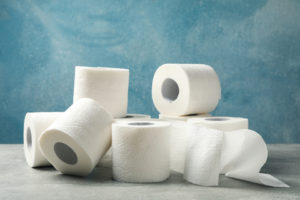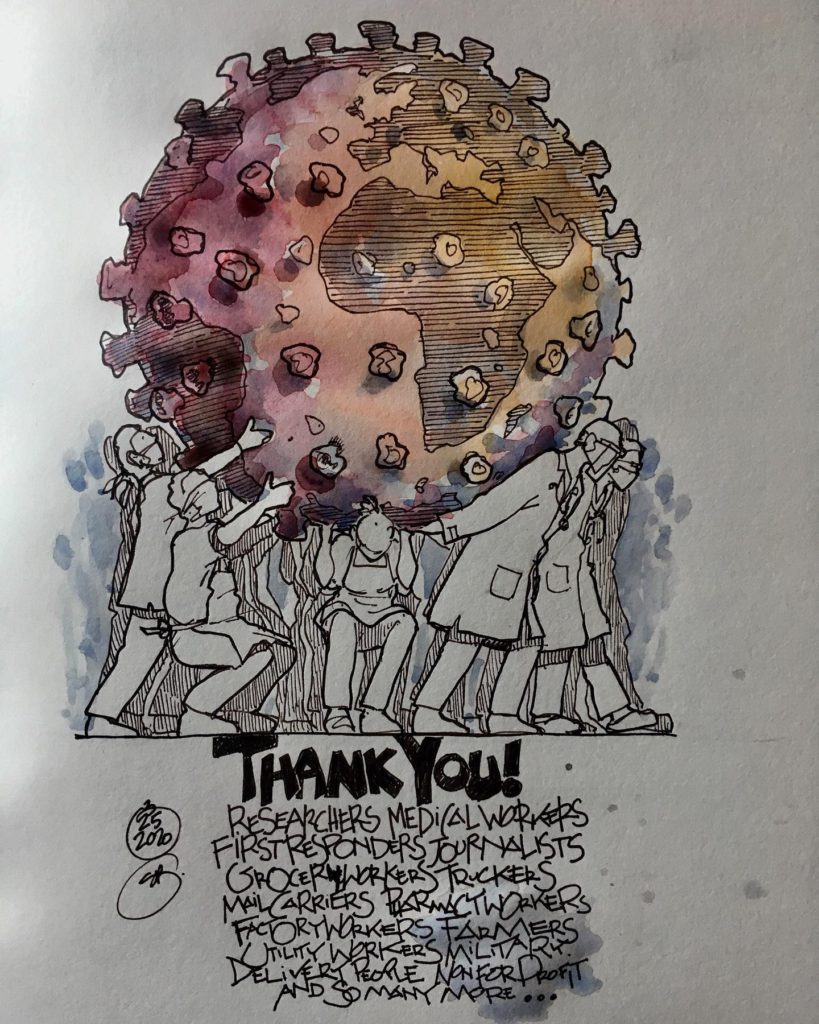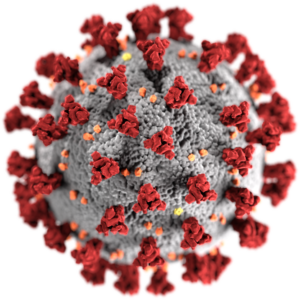You Can Live Without Toilet Paper — And Be Cleaner for It
As I watched stories of people hoarding toilet paper during the pandemic, wiping out entire stores, I felt secure that the meagre five rolls that I have in my own house would last me quite a while, even indefinitely.
Two years ago, I gave up most toilet paper use. I found something cleaner, cheaper, and more comfortable. It’s also more convenient, as I don’t have to keep buying it – at least not very often. I use a homemade bidet and I love it! I especially appreciate my bidet when I am stuck in bathrooms where toilet paper is my only option.
The bidet (pronounced bid-day) is a bathroom fixture that washes your crotch after you use the toilet.
In some countries, a bidet is a separate fixture that sits right next to the toilet. There are also many types of bidets that can be retrofitted to any toilet seat. Some are simple and other bidets are super fancy models with heated seats, warm water, adjustable jet sprayers and air dryer – all powered with a remote control. A bidet is like a car wash for your bottom.
I considered installing a simple bidet on my toilet, but then it occurred to me that bidets essentially squirt water. That’s not plumbing science. Lots of things can squirt water. I did a little research and found some squeezable plastic lab bottles with bent squirt nozzles. They were $4 each. Perfect. Then I went to a thrift store and found some cheap but luxuriously soft washcloths. Now before you get grossed out – bear with me. What I’m doing is way more hygienic than what you’re doing with toilet paper!

After peeing, instead of wiping with dry toilet paper, I rinse off with water from my squeeze bottle bidet and pat dry with a soft dry washcloth. The first time I tried my system, I was amazed at how much better and cleaner it felt than toilet paper. It was like walking out of a shower and toweling off. It’s kind of luxurious.
Ok . . . so what about pooping? I do use toilet paper for that, but just a fraction of the amount I used to use. When cleaning with a stream of water first, I only need a very small amount of toilet paper to finish the job. I have considered a system that uses dry washcloths for that too, and probably will. Having washed cloth diapers when my kids were little, I know that this system is doable and not anywhere near as gross as you’d imagine. I’ll get to that in a moment.
I use my squirt bottle bidet in my master bathroom and it was an easy experiment because I’m the only who uses that bathroom. The only thing keeping me from putting it my guest bathroom is that it’s a little awkward to tell guests how to wipe.
But change is initially changing a mindset and then changing habits.




